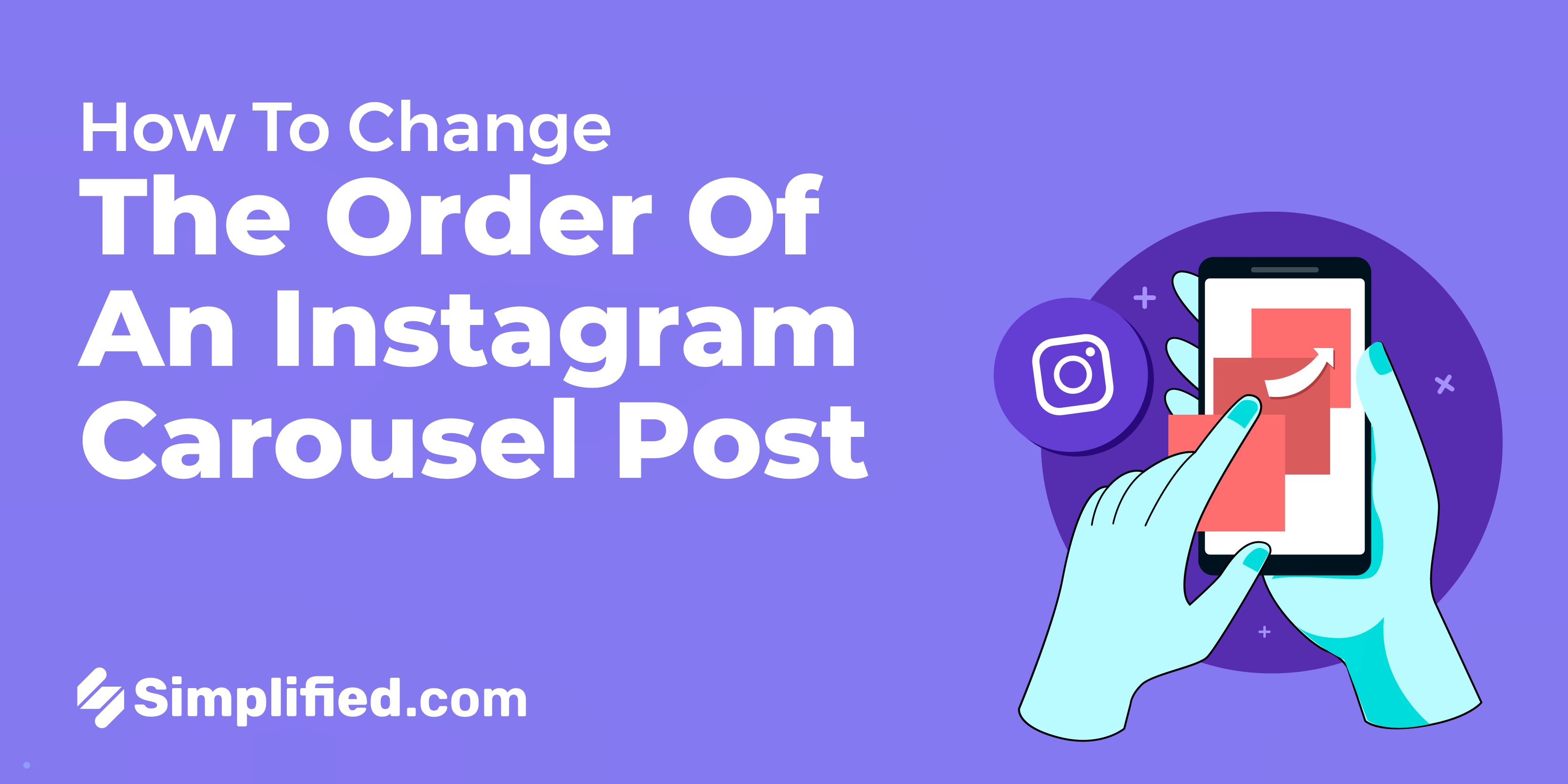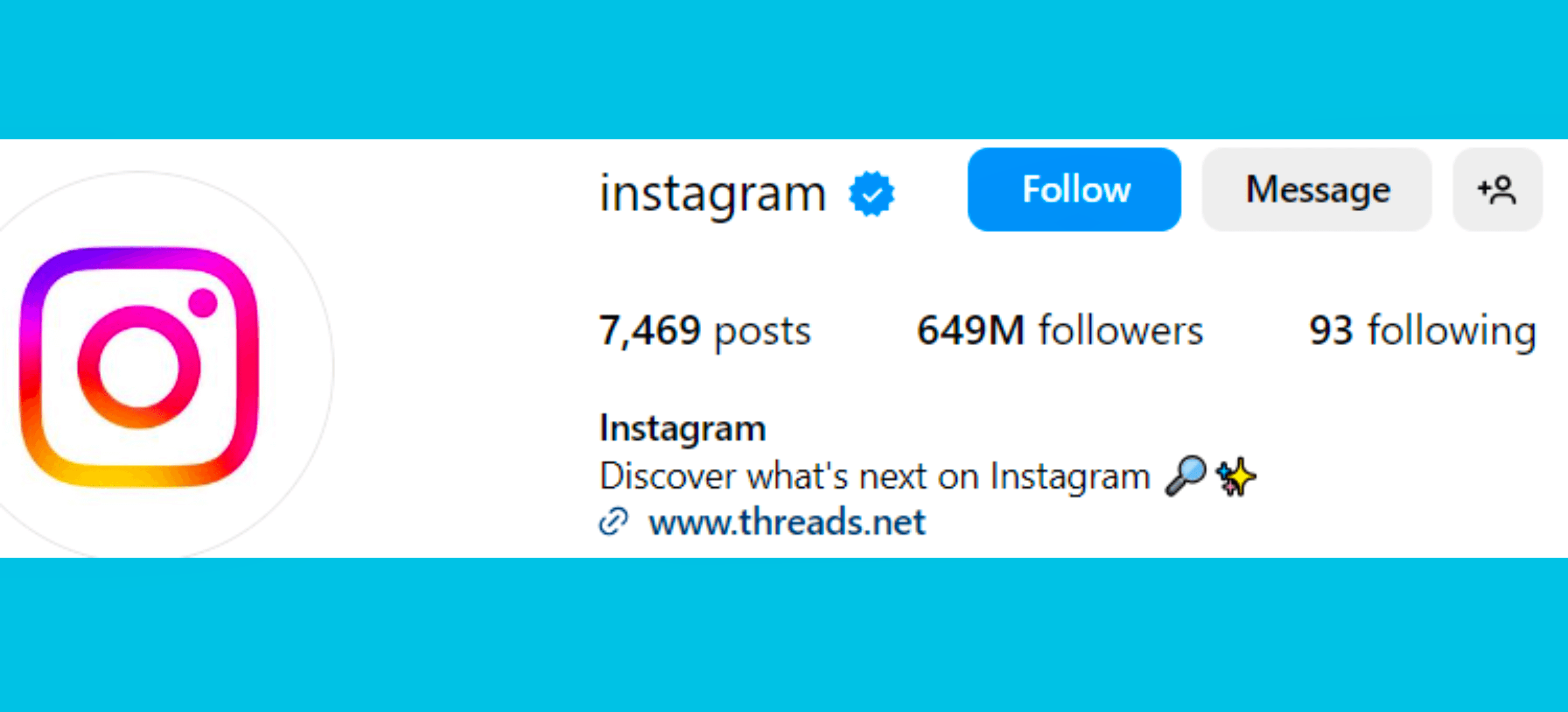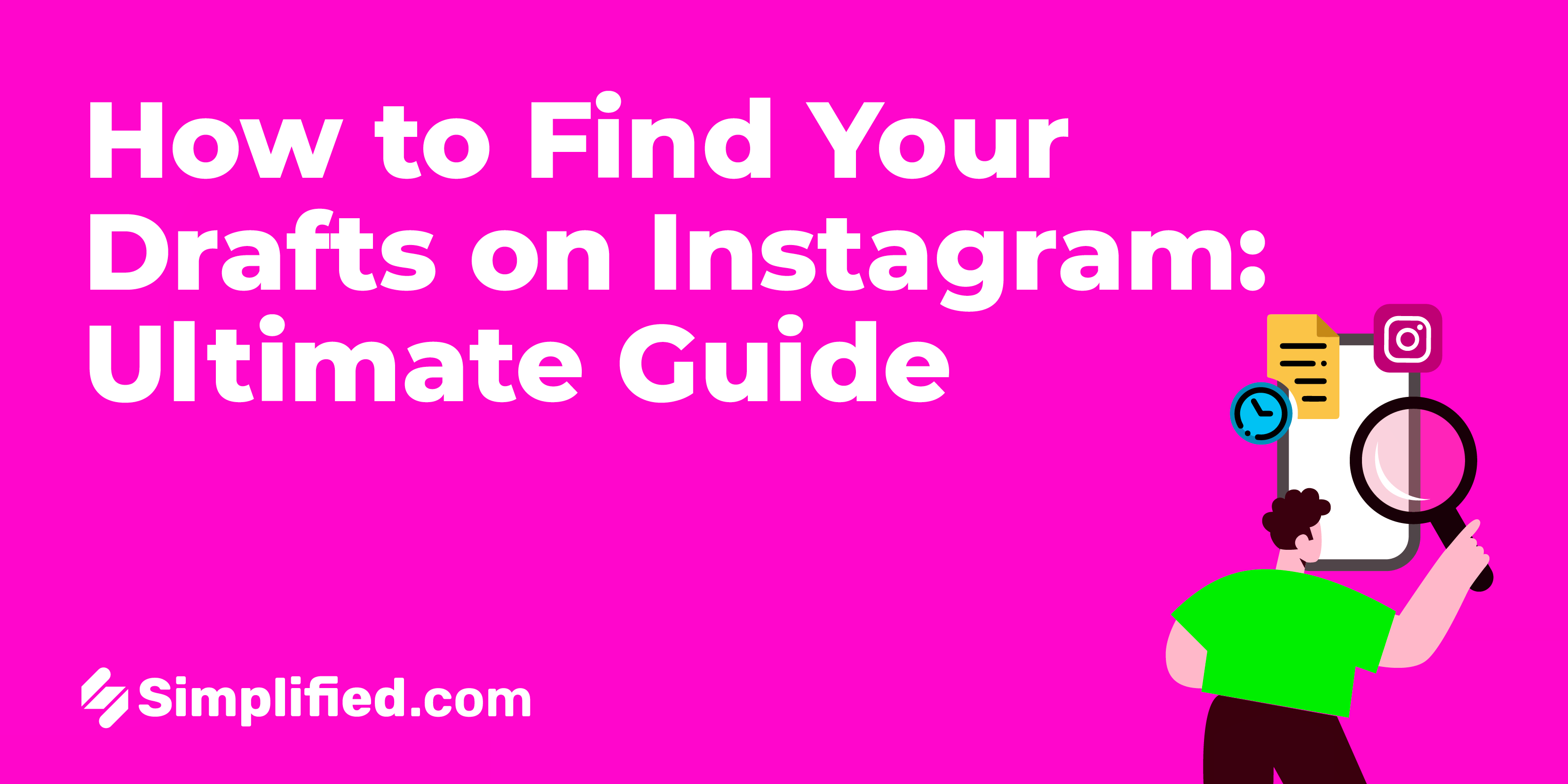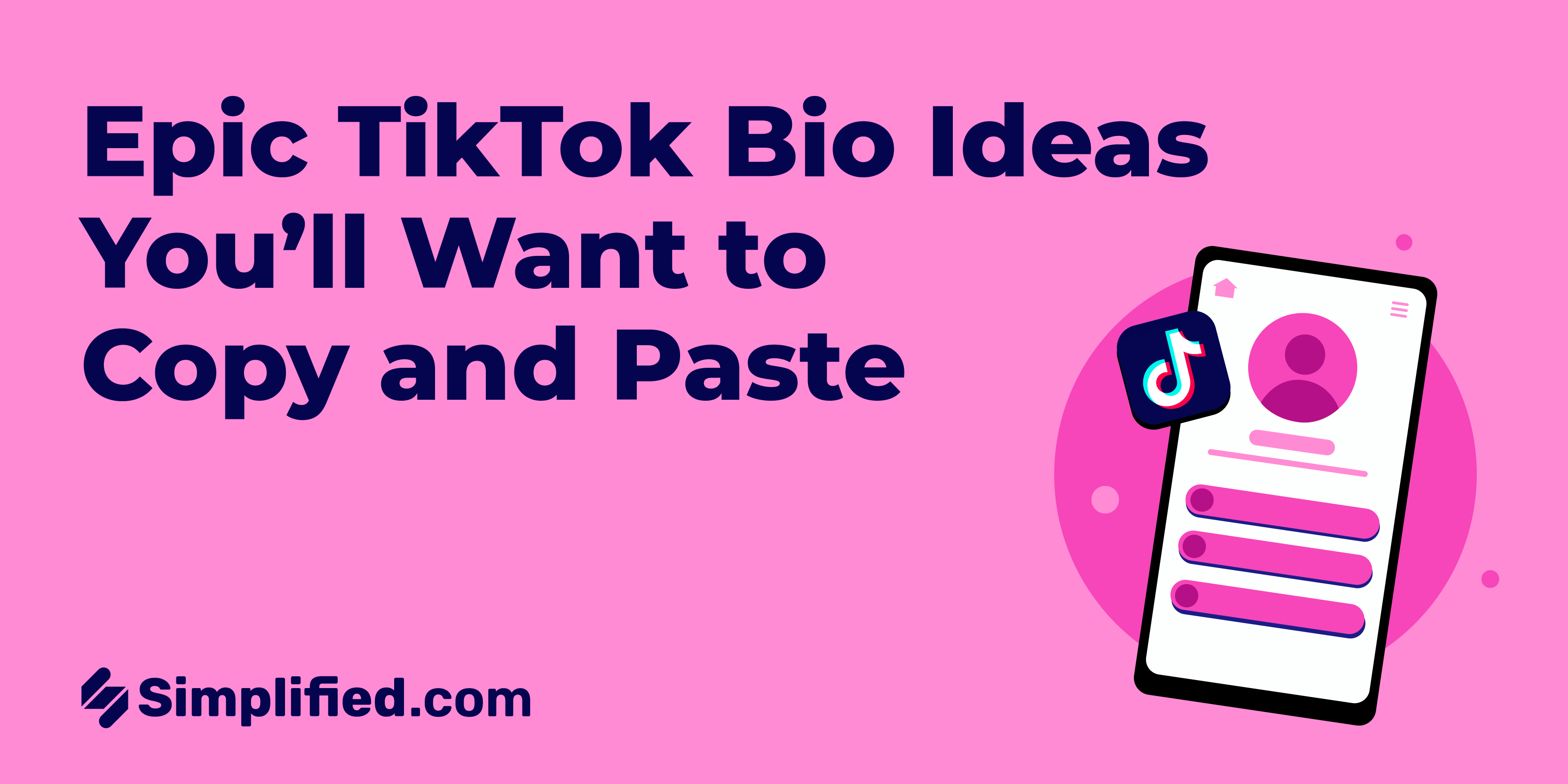What do you mean by Social Media?
Social media platforms are online tools and platforms that facilitate communication, content sharing, and interaction among people. They have transformed the way people communicate and obtain information, profoundly impacting businesses and organizations. Social media has become an indispensable marketing tool for increasing customer engagement and reaching target audiences in real-time.
Various popular social media networks such as TikTok, Facebook, Twitter, Instagram, LinkedIn, and Pinterest offer unique features and advantages. Understanding the appropriate platforms for specific needs and target audiences is crucial for businesses and content creators. However, it is essential to consider potential drawbacks like online harassment and privacy concerns and take necessary measures to protect one's online reputation and personal information.
Social media platforms function by allowing users to create profiles, share different types of content, and interact with others through comments, likes, shares, and direct messages. These interactions and content are displayed in the user's news feed or timeline, which continuously updates with information.
Social media encompasses several types, including social networking sites (e.g., Facebook and LinkedIn), microblogging sites (e.g., Twitter), photo and video-sharing platforms (e.g., Instagram, TikTok, and YouTube), content-sharing sites (e.g., Reddit and Tumblr), collaborative sites (e.g., Wikipedia), live streaming platforms (e.g., Twitch), bookmarking and curation sites (e.g., Pinterest and Flipboard), and Q&A and discussion forums (e.g., Quora and Reddit).
The uses of social media are diverse, including communication, connection, information sharing, news dissemination, brand building, marketing, networking, career development, entertainment, political activism, education, crowdsourcing, and community building. However, it is important to acknowledge the potential dangers and drawbacks of social media, such as addiction, cyberbullying, spread of false information, decreased privacy, polarization, and negative impacts on mental health. Responsible and balanced usage is crucial, and the positive aspects of social media often outweigh the negatives.
.webp)













